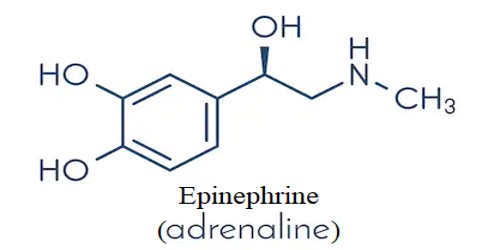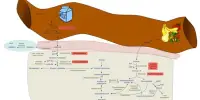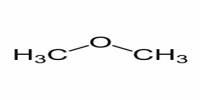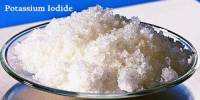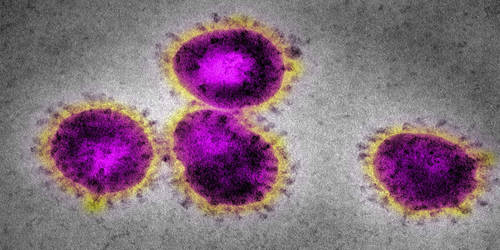Epinephrine, more commonly known as adrenaline, is a hormone secreted by the medulla of the adrenal glands. It is a hormone and medication. It is found in small amounts in the body and is essential for maintaining cardiovascular homeostasis because of its ability to divert blood to tissues under stress. It is a catecholamine, a sympathomimetic monoamine derived from the amino acids phenylalanine and tyrosine.
History
The hormone was first isolated and purified in 1901 by Japanese chemist Jokichi Takamine. It was patented in the United States with the name “adrenaline.”
Effects in the body
Epinephrine is one of two chemical messengers that control the sympathetic nervous system and cause the “fight or flight” response. Epinephrine makes the “fight or flight” response kick in and causes changes in every part of the body. For example, it:
- Makes the heart beat faster
- Increases blood pressure
- Causes vasoconstriction (it makes the blood vessels narrower, which sends extra blood to the most important organs in the body, like the heart, lungs, and brain)
- Causes bronchodilation (it makes the bronchi, the tubes that bring air to the lungs, get wider, so more air can get into the lungs)
Adverse effects
Because epinephrine causes so many changes in the body, it can cause changes that make a person feel bad. Sometimes, it can cause changes that could be dangerous. These are called adverse effects. They include –
Tachycardia (a fast heart rate) or heart palpitations (feeling the heart-pounding inside the chest), because epinephrine makes the heart beat harder and faster
- Hypertension (high blood pressure), because epinephrine raises blood pressure
- Cardiac arrhythmia (where the heartbeats in a way that is not normal)
- Anxiety or panic attack
- Tremor
- Acute pulmonary edema (fluid in the lungs)
Medical uses
Epinephrine is used to treat a few different medical problems.
- Cardiac arrest
Epinephrine can restart a person’s heart when they are in cardiac arrest (their heart has stopped beating). It can make the heart start pumping blood to the rest of the body again.
- Anaphylaxis
Epinephrine is the best medicine to treat anaphylaxis, which is a very bad allergic reaction. During anaphylaxis, the bronchi (which brings air to the lungs) get narrower and narrower until the person cannot breathe.
- Asthma
Epinephrine can be given for asthma attacks if regular asthma medications like albuterol do not work.
- Croup
Croup is a disease that mostly happens in children, and is caused by a virus. It can cause swelling in the throat, which can make it hard to breathe.
Information Source:
